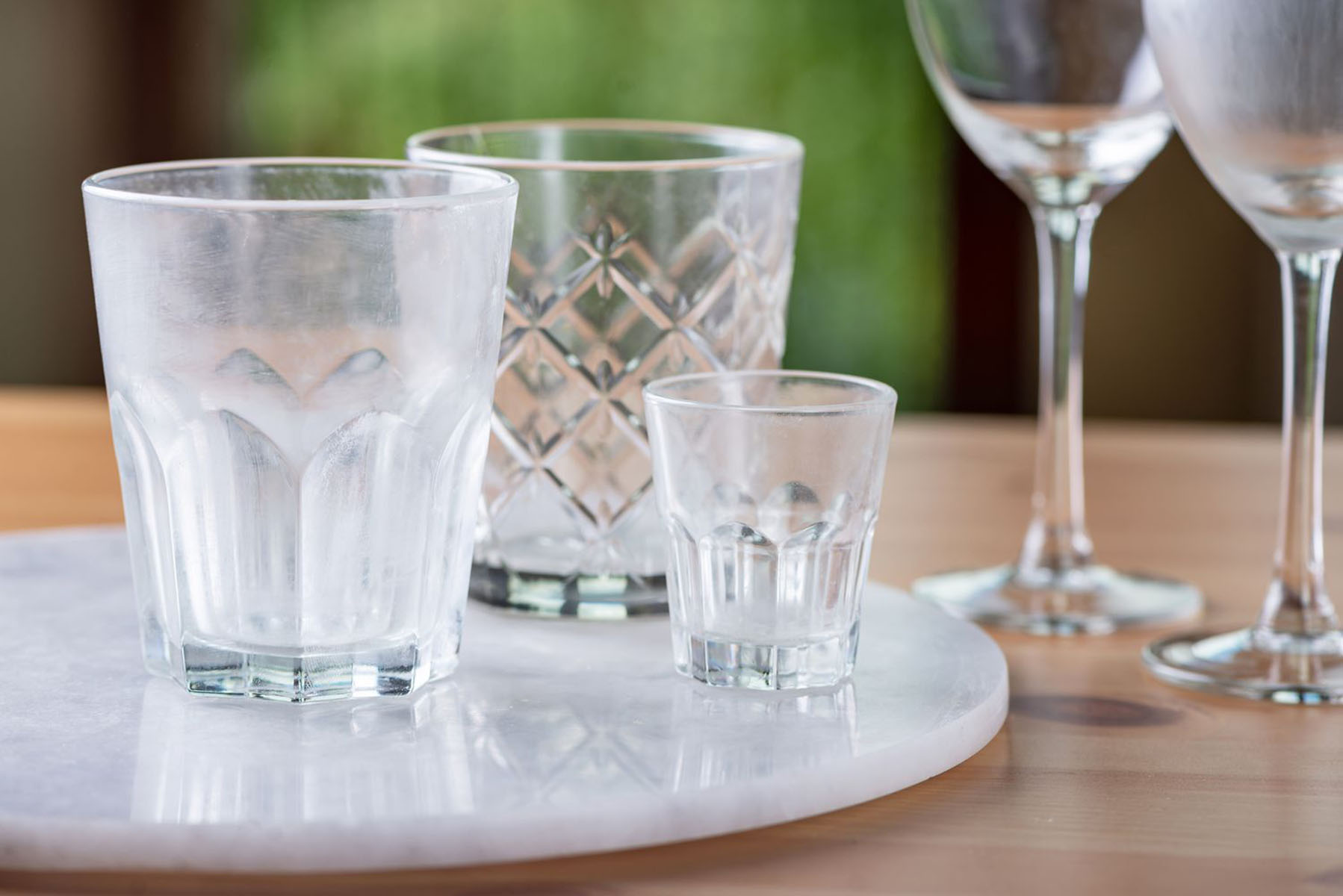

Tableware
Why Does My Glassware Get Cloudy
Modified: October 19, 2024
Get crystal clear answers to why your tableware gets cloudy. Find out the causes and effective solutions to restore the shine of your glassware.
(Many of the links in this article redirect to a specific reviewed product. Your purchase of these products through affiliate links helps to generate commission for Storables.com, at no extra cost. Learn more)
Introduction
Have you ever noticed that your glassware, once pristine and sparkling, now appears cloudy and dull? Cloudy glassware can be frustrating, especially if you take pride in your table settings and want to impress your guests. However, understanding why your glassware becomes cloudy and how to prevent and treat it can help you maintain the impeccable look of your tableware.
In this article, we will delve into the causes of cloudy glassware and explore effective methods to prevent and treat this common issue. With a little knowledge and some simple strategies, you can keep your glassware looking crystal clear and ready to elevate any dining experience.
Key Takeaways:
- Say goodbye to cloudy glassware by using soft water, hand washing, and natural solutions like vinegar. Preventing and treating cloudiness will keep your glassware crystal clear and ready to impress your guests.
- Restore the brilliance of your glassware with baking soda, denture tablets, white vinegar, or commercial glass cleaners. Handle your glassware with care and enjoy the beauty of crystal-clear glasses for years to come.
Read more: Why Does Glass Get Cloudy In The Dishwasher
Understanding Cloudy Glassware
Cloudy glassware can be caused by various factors, including hard water deposits, etching, and residue from dishwashing. Let’s take a closer look at each of these causes:
Hard Water Deposits
One common cause of cloudy glassware is the presence of hard water deposits. Hard water contains high levels of minerals such as calcium and magnesium. When glassware is repeatedly exposed to hard water, these minerals can build up on the surface, leaving behind a cloudy residue. This is particularly evident when glassware is washed in the dishwasher, where the hot water and detergent can contribute to the formation of these deposits.
Etching
Etching is another factor that can cause glassware to become cloudy. Etching occurs when the glass surface becomes eroded due to a combination of factors such as high water temperature, prolonged exposure to detergents, and the use of abrasive cleaning tools. This erosion creates tiny scratches on the glass, which diffuse light and give the glass a cloudy appearance.
Residue from Dishwashing
Residue from dishwashing can also contribute to cloudy glassware. Sometimes, even with proper rinsing, traces of detergent or food particles can be left behind on the glass surface. Over time, these residues can accumulate and create a hazy or cloudy effect on the glassware.
Understanding the causes of cloudy glassware is the first step in effectively preventing and treating this issue. In the next section, we will explore various methods to help you maintain the clarity of your glassware.
Read more: How To Remove Cloudiness From Glassware
Preventing and Treating Cloudy Glassware
To maintain the clarity of your glassware and prevent it from becoming cloudy, there are several steps you can take. Here are some effective methods to consider:
Using Soft Water
As hard water deposits are a leading cause of cloudy glassware, using soft water can help prevent this issue. Soft water contains fewer minerals, which means it won’t leave behind the same level of residue on your glassware. Consider installing a water softener system or using water conditioning products to treat the water before washing your glassware.
Hand Washing
Hand washing your glassware is another way to prevent cloudiness. By hand washing, you have more control over the temperature and the type of detergent you use. Use warm water and a mild dish soap, and be sure to thoroughly rinse the glassware to remove any soap residue.
Using Vinegar or Lemon Juice
Vinegar and lemon juice are natural acid-based solutions that can help remove hard water deposits from glassware. Fill a bowl or sink with a mixture of vinegar or lemon juice and water, and soak the cloudy glassware for a few hours. Then, rinse the glassware thoroughly to remove the acid solution and any loosened deposits.
Read more: Why Is My Hot Tub Water Cloudy And Foamy
Proper Dishwashing Techniques
If you prefer using a dishwasher, adopting proper dishwashing techniques can help prevent cloudiness. Avoid overcrowding the dishwasher, as this can lead to insufficient rinsing. Use the appropriate dishwasher detergent and ensure the dishwasher is set to the correct temperature for glassware. Additionally, opt for a gentle wash cycle to minimize the risk of etching or residue buildup.
By implementing these preventive measures, you can significantly reduce the likelihood of your glassware becoming cloudy. However, if your glassware is already showing signs of cloudiness, there are steps you can take to restore its clarity, which we will explore in the next section.
Removing Cloudiness from Glassware
If your glassware has already become cloudy, don’t worry! There are effective methods to remove the cloudiness and restore the clarity of your glassware. Here are some techniques you can try:
Using Baking Soda
Baking soda is a versatile household ingredient that can help remove cloudiness from glassware. Create a paste by mixing baking soda with water, then apply the paste to the cloudy areas of your glassware. Gently scrub the glassware using a soft cloth or sponge, then rinse thoroughly. The abrasive nature of the baking soda paste can help buff away the cloudiness, leaving your glassware looking clear and bright.
Using Denture Tablets
Believe it or not, denture tablets can be an effective solution for removing cloudiness from glassware. Fill a sink or bowl with warm water and drop in a denture tablet. Allow the tablet to dissolve, then place your cloudy glassware in the solution. Let it soak for a few hours, then rinse thoroughly. The effervescent action of the denture tablet can help break down hard water deposits and remove the cloudiness from your glassware.
Read more: Why Does My Cat Get In The Bathtub
Using White Vinegar
White vinegar is a natural cleaner and can be used to remove cloudiness from glassware. Simply fill a sink or bucket with a mixture of equal parts white vinegar and warm water. Place your cloudy glassware in the solution and let it soak for a few hours or overnight. After soaking, rinse the glassware thoroughly to remove any vinegar residue. The acidic properties of white vinegar can help dissolve hard water deposits and restore the clarity of your glassware.
Using a Commercial Glass Cleaner
If you prefer a ready-made solution, you can also use a commercial glass cleaner to remove cloudiness from your glassware. Look for a cleaner specifically formulated for removing hard water stains or restoring glass clarity. Follow the instructions on the product label, and be sure to rinse the glassware thoroughly after cleaning.
Remember, when using any cleaning method, always take care to handle your glassware gently to avoid causing any damage. Also, it’s a good idea to test any cleaning solution on a small, inconspicuous area of the glassware first to ensure it doesn’t cause any adverse effects.
By trying these techniques, you can effectively remove cloudiness from your glassware and enjoy crystal-clear glasses once again.
Conclusion
Cloudy glassware can be a frustrating issue, but with the right knowledge and strategies, you can prevent and treat it effectively. By understanding the causes of cloudy glassware, such as hard water deposits, etching, and residue from dishwashing, you can take proactive steps to maintain the clarity of your glassware.
Prevention is key when it comes to cloudy glassware. Using soft water, hand washing, using vinegar or lemon juice, and adopting proper dishwashing techniques can help minimize the chances of your glassware becoming cloudy. Incorporating these practices into your everyday routine can go a long way in preserving the beauty and sophistication of your glassware.
If you find that your glassware has already become cloudy, there are various methods you can employ to restore its clarity. Using baking soda, denture tablets, white vinegar, or commercial glass cleaners can effectively remove the cloudiness and revive the brilliance of your glassware.
Remember, always handle your glassware with care and test any cleaning solutions on a small area first. Additionally, regular maintenance and cleaning will help prolong the lifespan of your glassware and ensure its continued clarity.
Now armed with the knowledge and practical approaches mentioned in this article, you can confidently tackle the issue of cloudy glassware. Say goodbye to dull and hazy glasses and enjoy the beauty and elegance of crystal-clear glassware that enhances your dining experiences for years to come.
Frequently Asked Questions about Why Does My Glassware Get Cloudy
Was this page helpful?
At Storables.com, we guarantee accurate and reliable information. Our content, validated by Expert Board Contributors, is crafted following stringent Editorial Policies. We're committed to providing you with well-researched, expert-backed insights for all your informational needs.
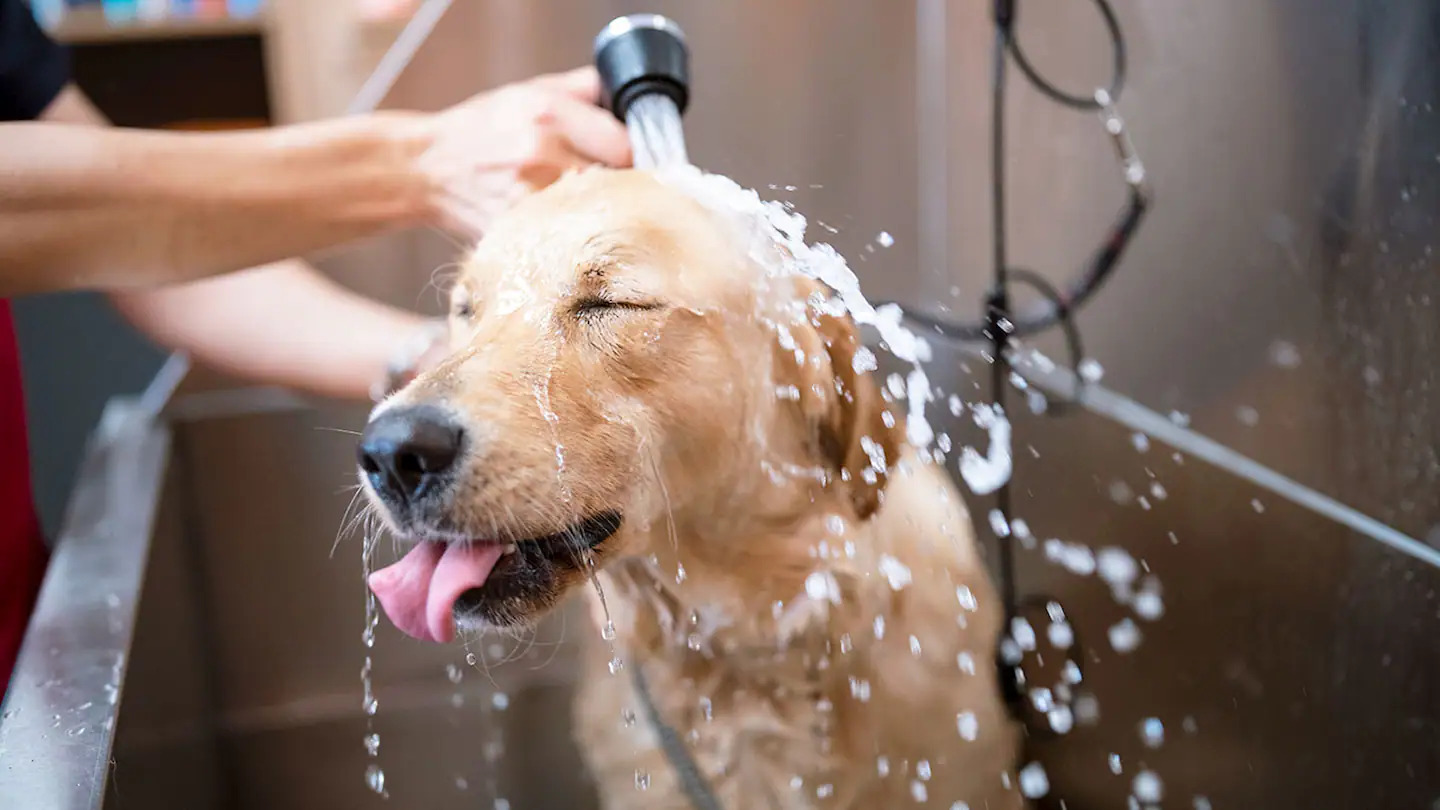
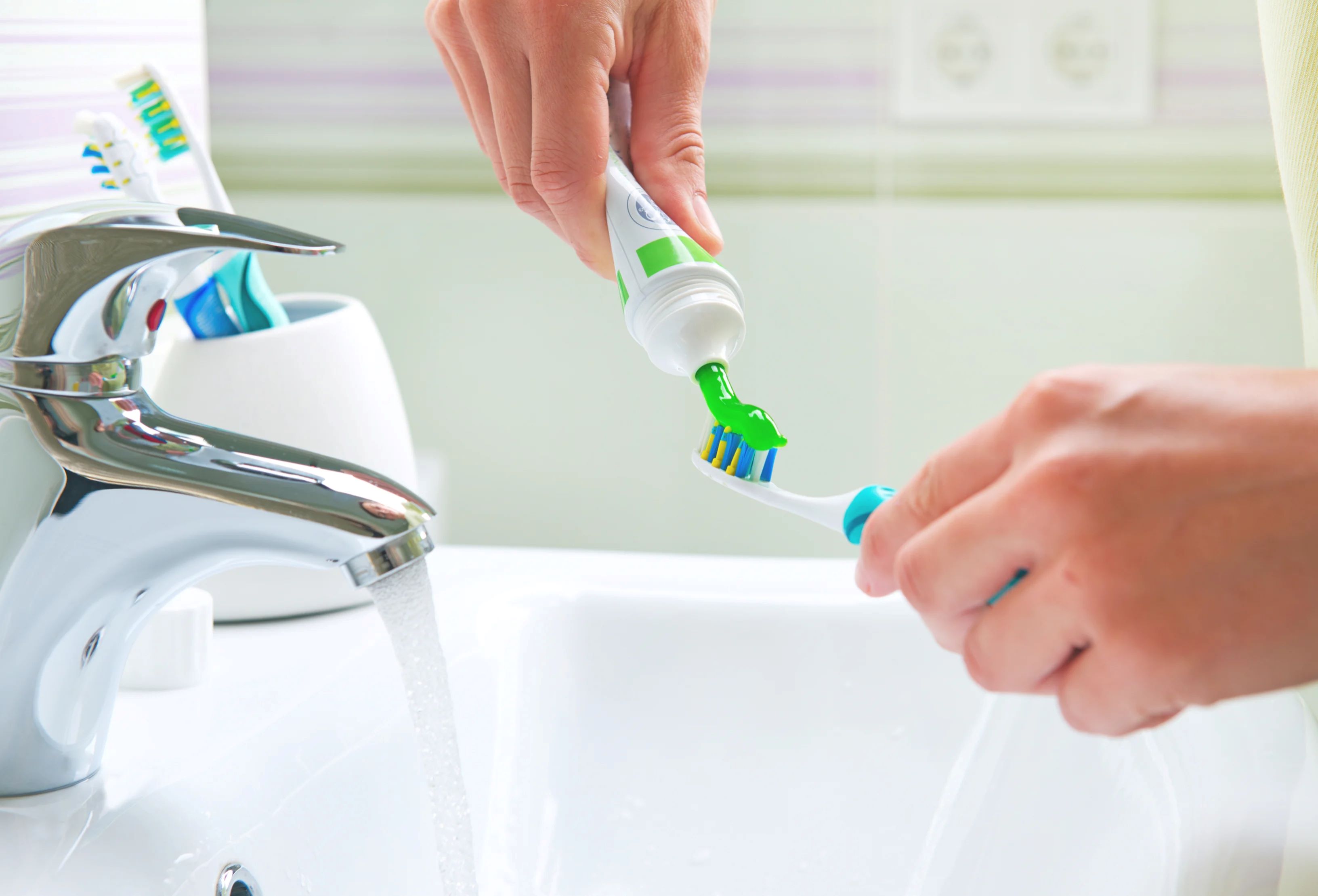
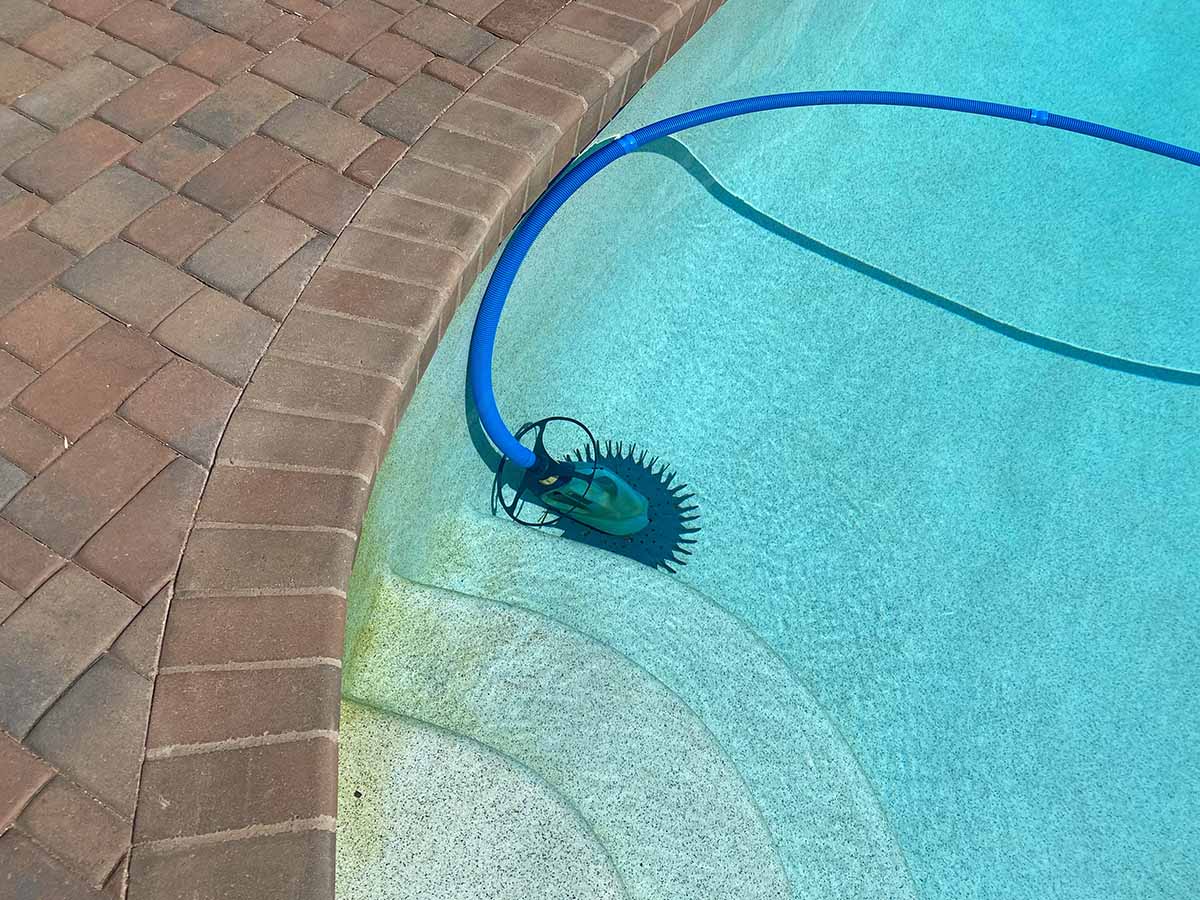
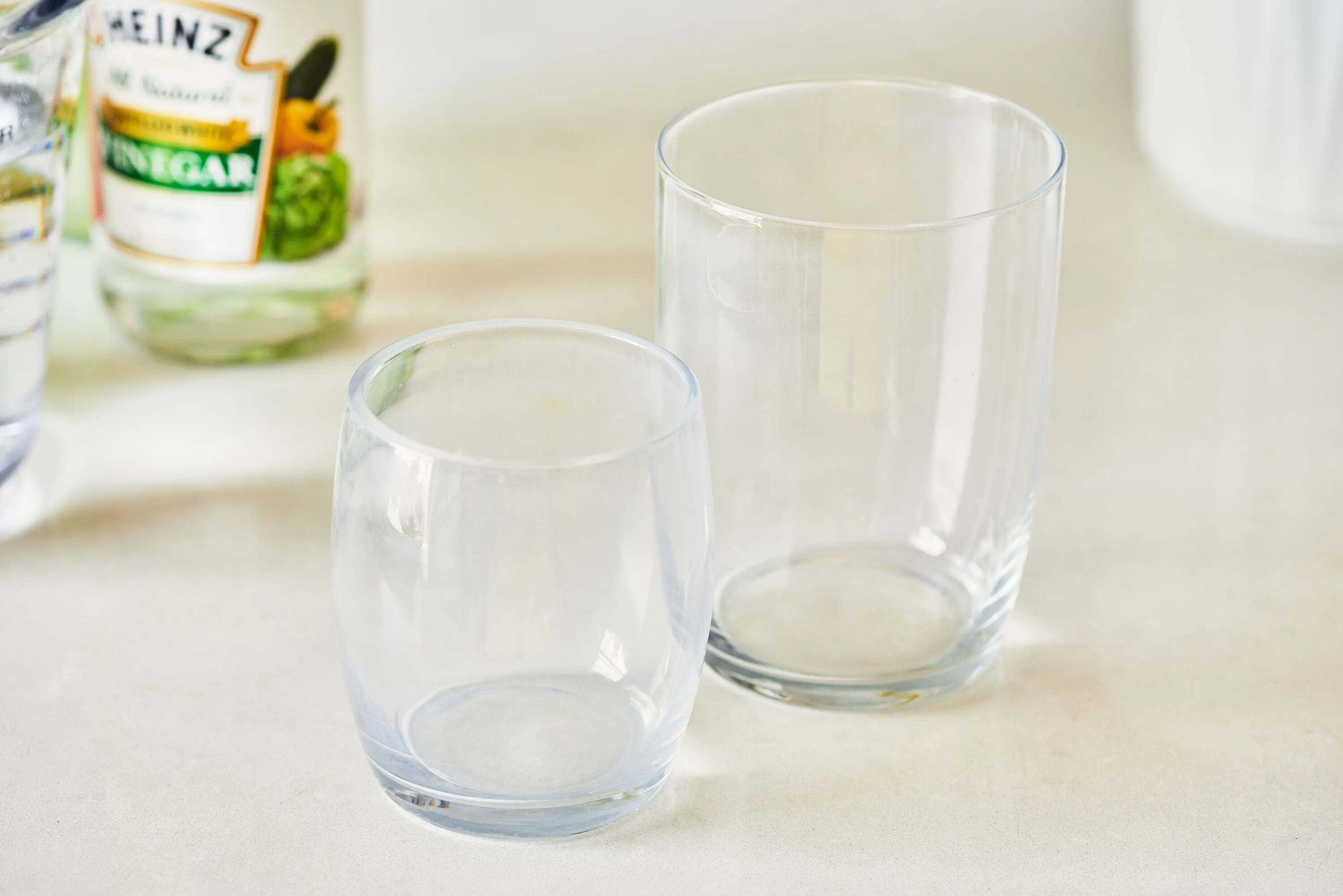
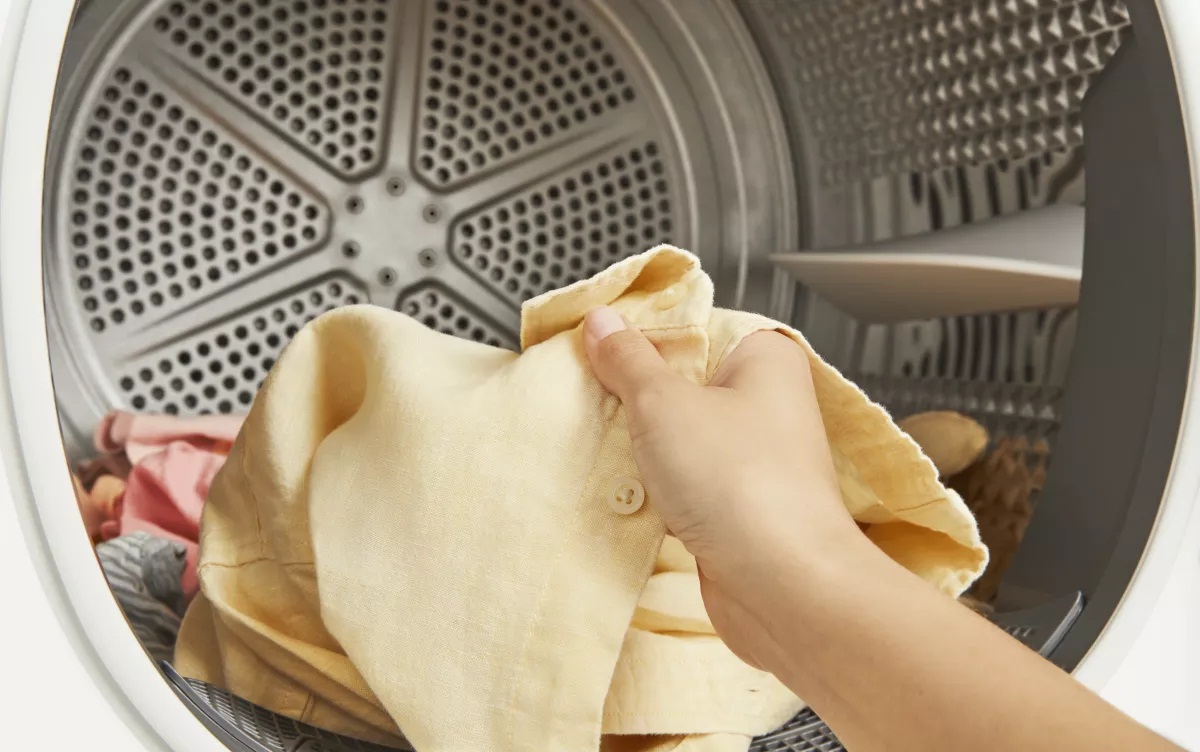
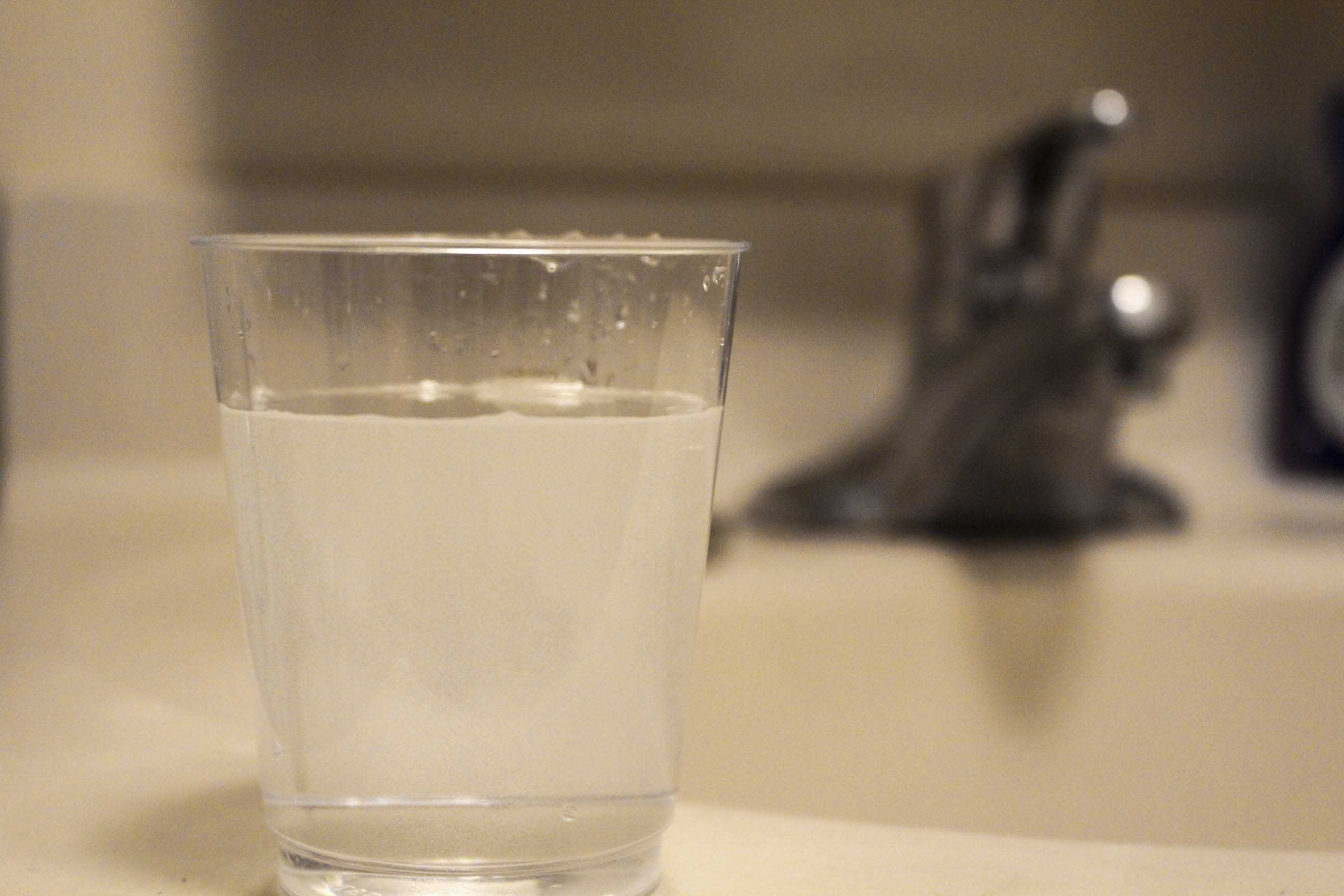
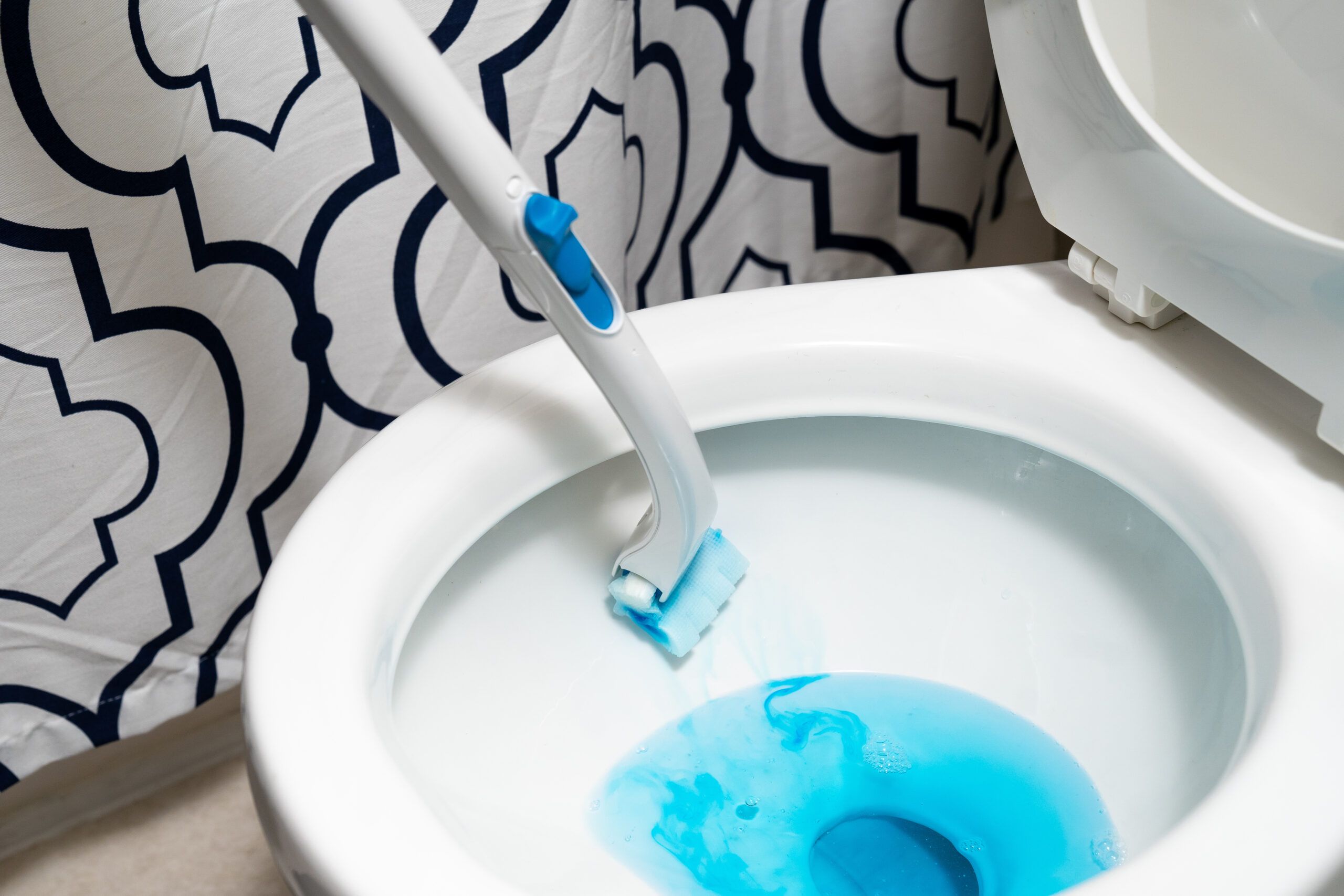

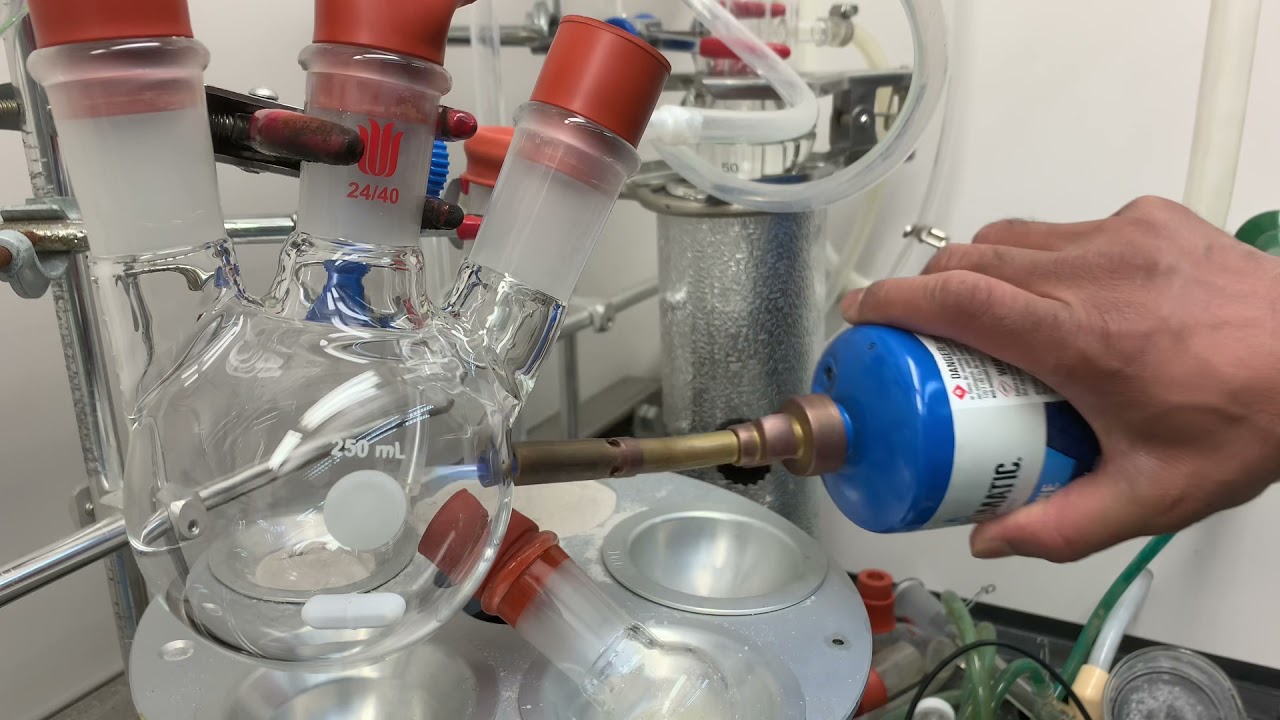
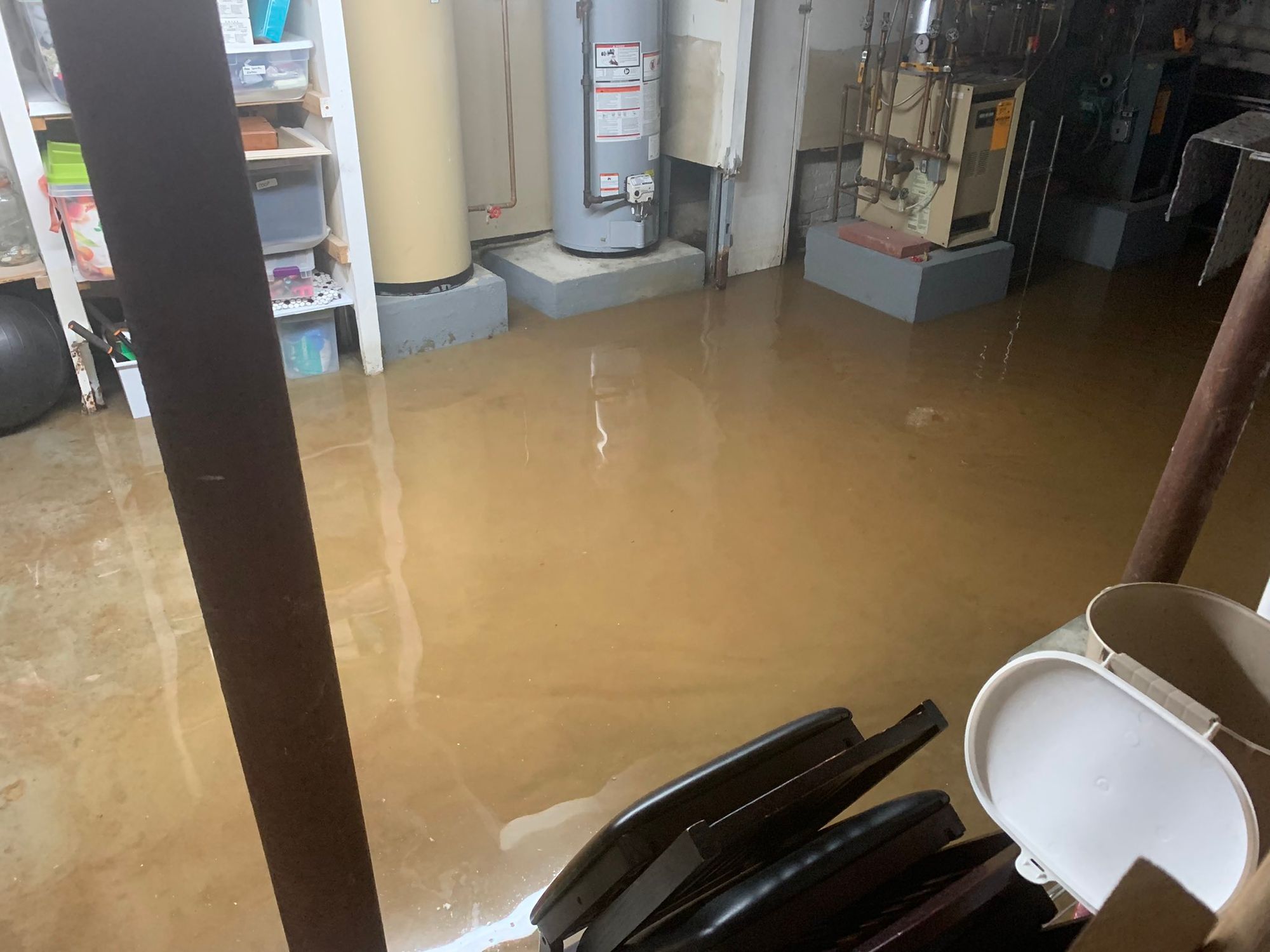
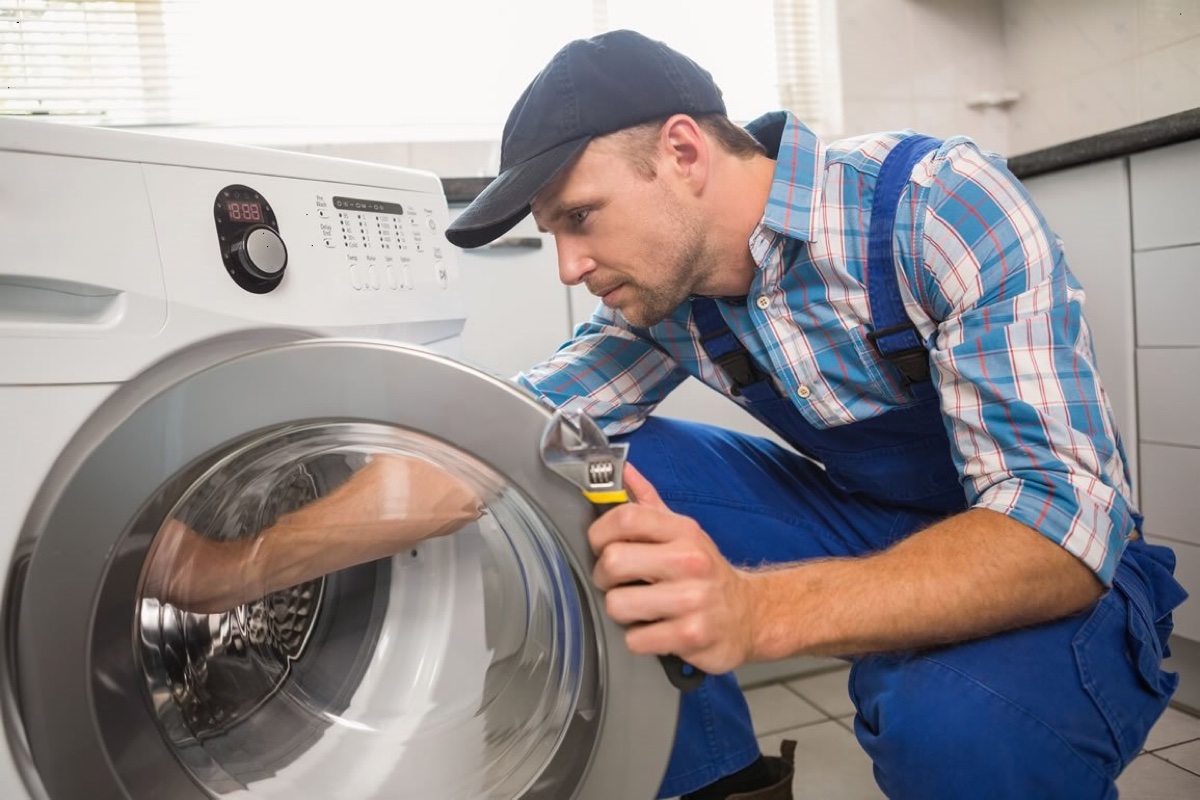


0 thoughts on “Why Does My Glassware Get Cloudy”